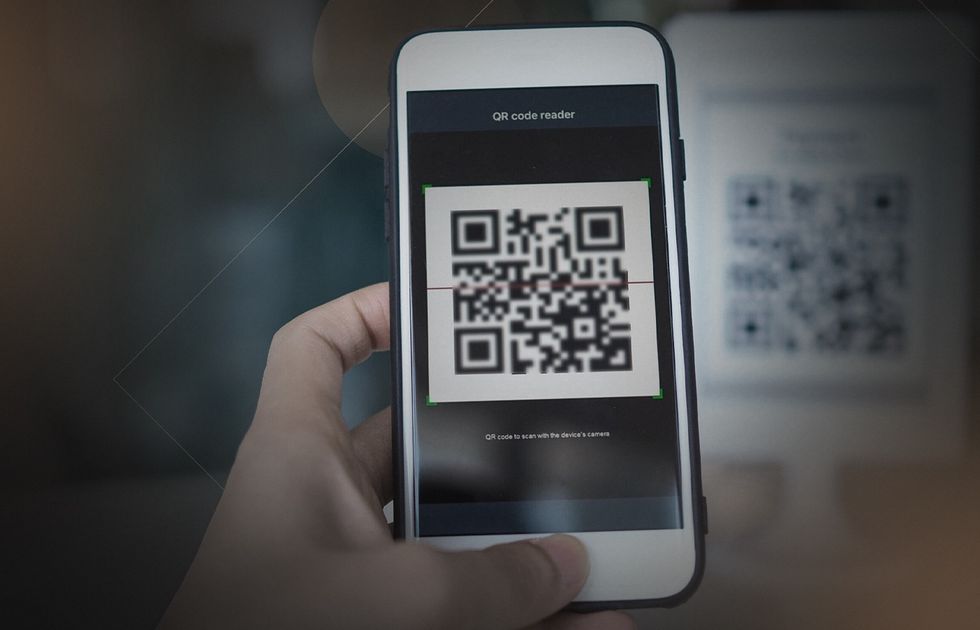The hospitality industry has undergone a transformative shift in recent times, largely driven by the COVID-19 pandemic. As health and safety concerns became paramount, hotels worldwide have rapidly adopted contactless amenities to safeguard guests and staff while providing a seamless and convenient experience. Contactless amenities encompass a range of technologies and practices that minimize physical touchpoints, reduce the risk of viral transmission, and cater to the evolving preferences of tech-savvy travelers. In this article, we explore the significance, benefits, and implementation of contactless amenities in the hospitality industry.
- Mobile Check-In and Check-Out:
One of the most prominent contactless amenities in the hospitality sector is mobile check-in and check-out. Guests can now use their smartphones to complete these processes, bypassing the front desk and minimizing physical interactions. Mobile check-in allows guests to access their room keys directly on their phones, enhancing convenience and reducing waiting times.
- Digital Room Keys:
Contactless room access has become a reality with digital room keys. Utilizing smartphones or wearable devices, guests can unlock their rooms without the need for a physical key card. This eliminates the risk of lost or shared key cards and ensures a secure and hassle-free experience.
- In-Room Controls via Mobile Apps:
Hotels are implementing mobile apps that allow guests to control various in-room amenities, such as lighting, temperature, and entertainment systems. These apps provide a personalized experience, reduce touchpoints, and offer greater comfort and convenience to guests during their stay.
- Contactless Payments:
Contactless payment methods, such as mobile wallets and NFC-enabled cards, have gained widespread acceptance in the hospitality industry. Guests can settle bills, order room service, or make purchases at on-site facilities without handling cash or exchanging physical cards.
- Virtual Concierge Services:
Virtual concierge services have become an essential contactless amenity, providing guests with real-time information, recommendations, and assistance through chatbots or AI-powered applications. This 24/7 support enhances guest satisfaction and reduces the need for face-to-face interactions with staff.
- QR Code Menus:
Restaurants and dining areas within hotels have transitioned to QR code menus, allowing guests to scan a code with their smartphones to access the menu digitally. This eliminates the need for printed menus and reduces cross-contamination risks.
- Touchless Elevators and Access Points:
Hotels are investing in touchless elevator systems and automatic doors to minimize contact in high-traffic areas. Sensors detect guest movement, enabling doors to open automatically without the need for physical touch.
- Robotic and Smart Technologies:
Some hotels have introduced robots to perform various tasks, such as delivering room service orders or providing information to guests. Additionally, smart technologies, including voice-activated assistants, offer hands-free control and cater to guests’ preferences without the need for physical interactions.
- Remote Customer Service:
Contactless amenities extend beyond the hotel premises, with remote customer service options enabling guests to seek assistance, make reservations, or resolve issues through phone calls, emails, or live chats.
Conclusion:
The adoption of contactless amenities has revolutionized the hospitality industry, addressing the safety concerns brought on by the COVID-19 pandemic while enhancing guest experiences with streamlined and convenient services. The shift towards contactless practices is likely to persist even after the pandemic subsides, as travelers increasingly prioritize hygiene and seamless interactions. Hotels that embrace contactless amenities demonstrate their commitment to guest safety and satisfaction, staying ahead in an industry that continues to evolve with the changing needs of travelers. As technology advances further, the future of hospitality lies in providing a perfect blend of human touch and cutting-edge contactless solutions.






